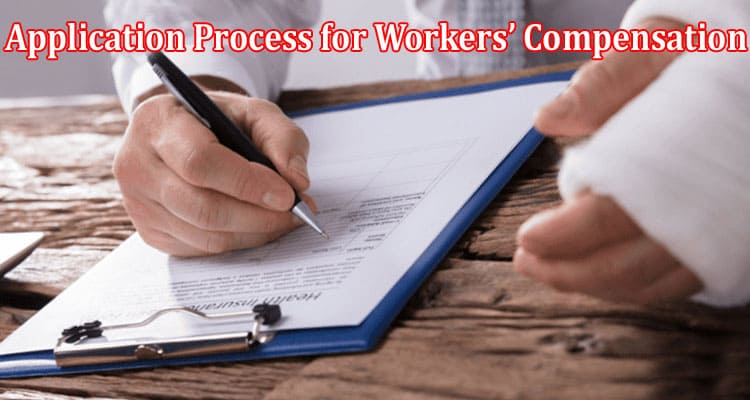In Florida, What Is the Application Process for Workers’ Compensation?
Workers’ compensation serves as a lifeline for employees who have sustained injuries while in the line of duty. It’s a way to make sure employees are covered if they are injured during work hours. In the Sunshine State, this system is designed to uphold the rights of the workforce by extending medical care, wage loss compensation, and other financial aid. Employees need to understand the steps for applying for compensation thoroughly. You don’t want to miss anything you rightfully deserve.
Understanding the Florida Workers’ Compensation System
Understanding the application process for workers’ compensation is crucial for any employee, as it can significantly impact the settlement they receive. The responsibility of supervising all workers’ compensation in Florida is done through the Florida Division of Workers’ Compensation. Employees are not required to show negligence to qualify for any type of compensation, thanks to the no-fault basis.
Therefore, if a work-related activity or incident results in an injury, the affected employee is entitled to benefits. Depending on the resulting damages, these can span from temporary disability aids, impairment benefits for permanent limitations – to vocational training for alternative employment. You have to be a classified employee to qualify for benefits, independent contractors don’t count. The injury or ailment (including mental health conditions) must have also been caused by efforts or responsibilities related to your job.
Reporting an Injury for Compensation Claim
Embarking on a workers’ compensation claim journey begins with informing your employer about the injury. Florida mandates that such notifications be made within a span of 30 days. For ailments that manifest gradually, the clock starts ticking from the day the employee identifies the condition to be work-related. If a claim is reported late, the insurance company might cast doubt on its validity, suspecting that the injury may not be associated with work. This skepticism can result in the insurer outright rejecting your claim or reducing the final benefits you receive.
Therefore, when communicating the incident to the employer, it’s imperative to be thorough. You have to tell them when the incident occurred and how severe it was. If there were any witnesses, make sure to include their information in the report. After you’ve reported your injury, your employer should relay this information to their insurance provider within seven days. To determine your eligibility, the insurer will then investigate your case by reviewing your medical records, initiating a work profile analysis, and ordering a medical examination to ascertain your condition.
Appealing a Denied Workers’ Compensation Claim
Common obstacles include disagreements over the cause of the illness or injury, denied claims, and disputes over the number of benefits owed. If you feel that your claim was unfairly denied, you can appeal by submitting a Petition for Benefits. The deadline for this is either two years from the date of your injury or one year from when you last received a wage loss or medical benefit, depending on which comes later. Considering the insurance company will be represented by legal counsel, it’s wise to engage an attorney for your appeal to ensure you’re on equal footing.
Understanding the process for these benefits in the sunshine state is crucial for injured workers. It can help ensure that you recover the benefits you’re entitled to and navigate any potential challenges that may arise. It’s in your best interest to fight for your benefits if you feel you deserve them. By following the steps outlined above and seeking legal advice, when necessary, you can secure the benefits you need to recuperate and return to work. It’s in your best interest to reach out for legal help if you feel you are not receiving what you are rightfully owed.




